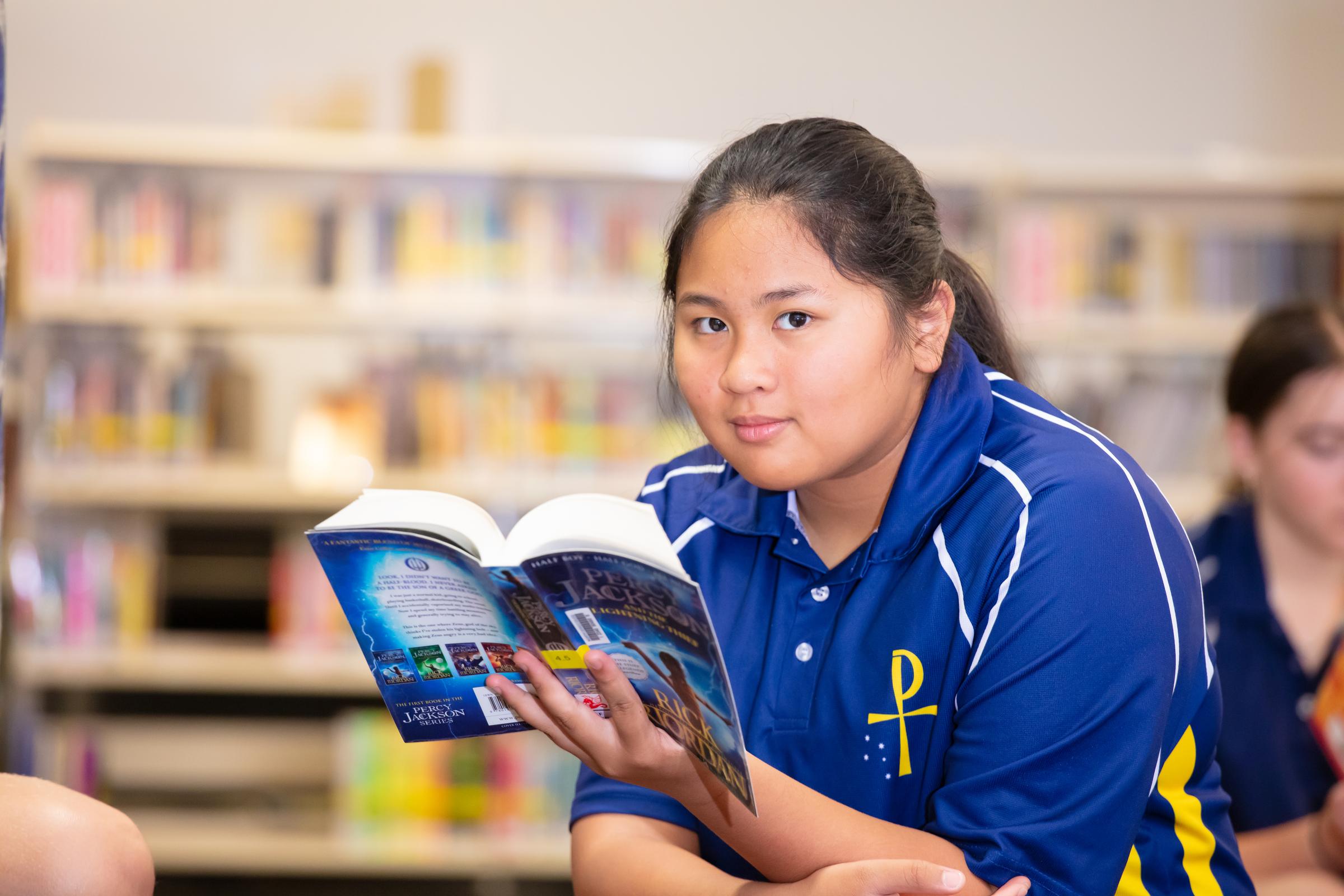ENGLISH

Grow your child with reading
The start of a new school year is an excellent time to focus on your child’s reading habits and the significant benefits that come from reading growth. Being aware of these benefits - and some strategies to involve your child in reading - will help your child achieve maximum growth.
What is the need:
As a parent or carer, have you ever considered that the impact of your role can be measured? Not only the number of lunches made, uniforms ironed or hugs given, but on an academic level where studies have been conducted which actually quantify the effect that parents and carers have on their children’s learning. In fact, for decades, studies have been used to measure the way students read. One study found that when children are reading for fun, they moved up a whole grade in comparison to those students who found reading a solitary chore. (Wigfield and Guthrie, 1997)
Studies have also found that “when children recognise that their parents or other important figures in their lives value reading and support their reading endeavours, they will personally develop the sense that reading is a worthwhile activity”. (Susan Klauda, 2009) When reading becomes this social activity, attitudes towards it become positive and empowering.
Why there is a need:
Becoming literate helps students to “participate in activities at school and in their lives beyond school” according to the goals of the national curriculum set by Australian Curriculum Assessment and Reporting Authority (ACARA). Furthermore, in creating a model for success, reading expert David Rose found his motivation in hopefully leading to a life-long learning for our community and this will create better outcomes for them as, “school leavers who would formerly have gone into unskilled manual labour … today make up the 30-40% of unemployed people in Australia”.
Strategies for home:
Check in with your child’s non-fiction reading. Prompts you can ask include:
Asking them to check on a news website and then inform you of an event.
Asking questions about that event - who does it affect? Why is it important? Should we get some more information on this?
If there is some particular information you would like your child to read to you, chat to them about the topic before they read - this will increase comprehension and help them to better understand vocabulary.
Check in with your child’s novel reading. Prompts you can ask include:
What do they notice about the setting and how the character acts in this setting?
Asking your child to describe a character for you;
Asking them to judge a character - do they like this character or not and why?
Asking for an update on the plot - what has happened since you last talked about the novel?
Reading goals:
Finally, reading is an excellent opportunity for you and your child to experience success by focusing on learning and knowledge goals rather than performance goals. You will increase your child’s motivation for reading and learning success by having these goals:
making reading a collaborative activity by talking about it
promoting their success in reading, and
support of your child’s autonomy.
If you are looking for further advice on how to assist your child with their reading or you want to read more about reading, please contact us - we would love to help.
Melissa Carr
Leader of Learning - English
